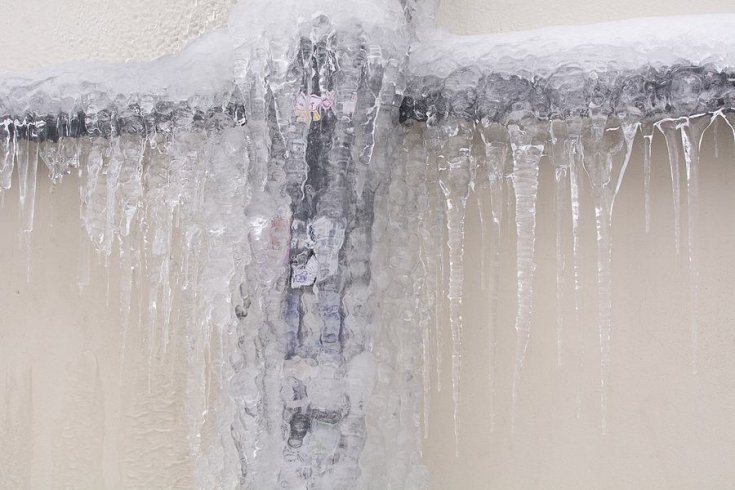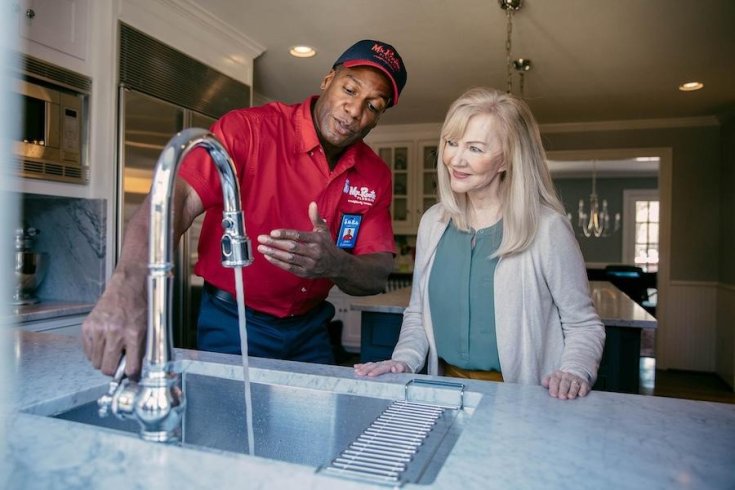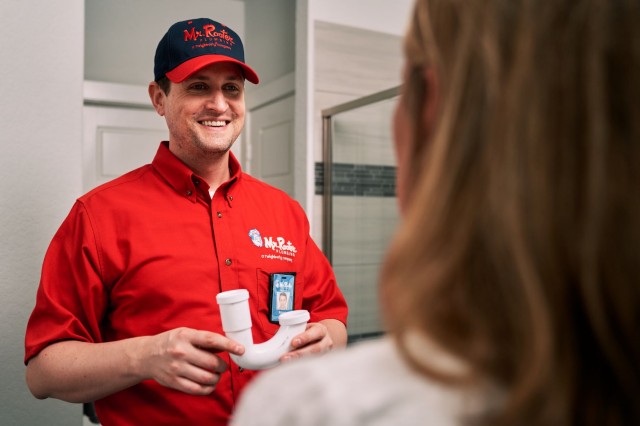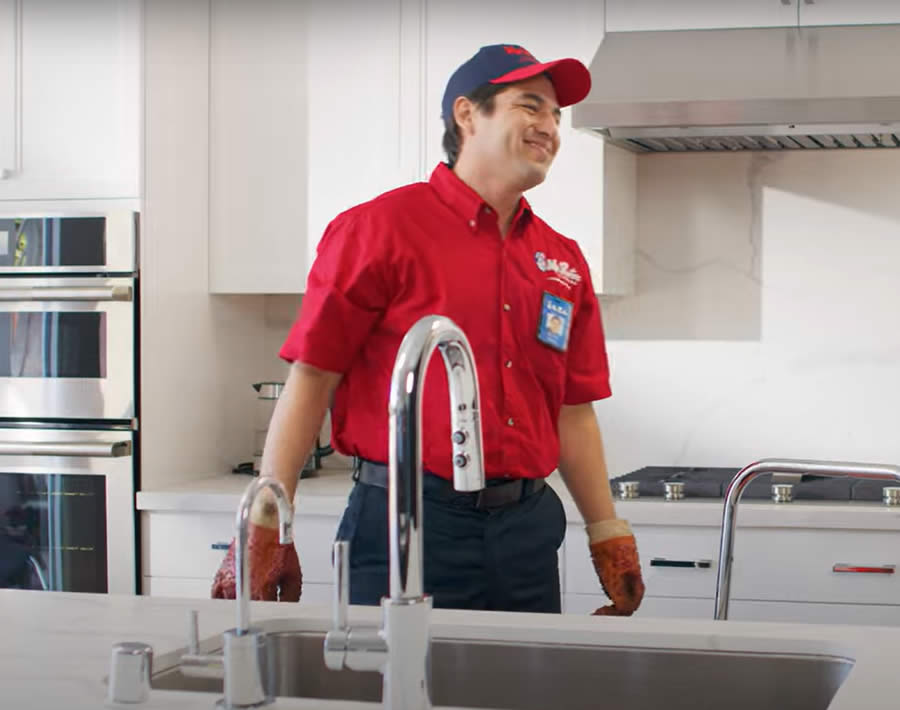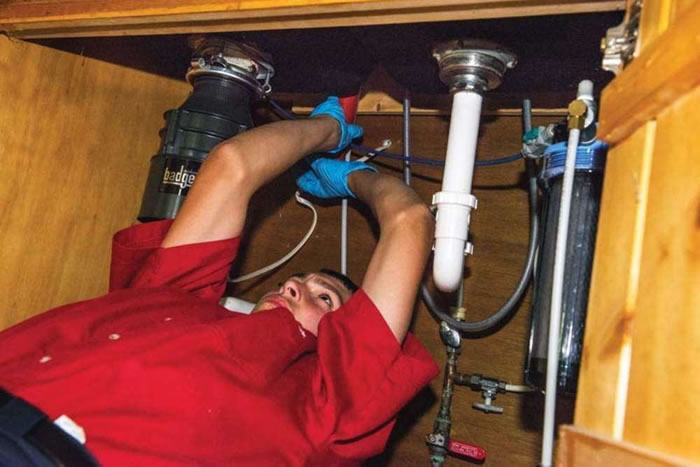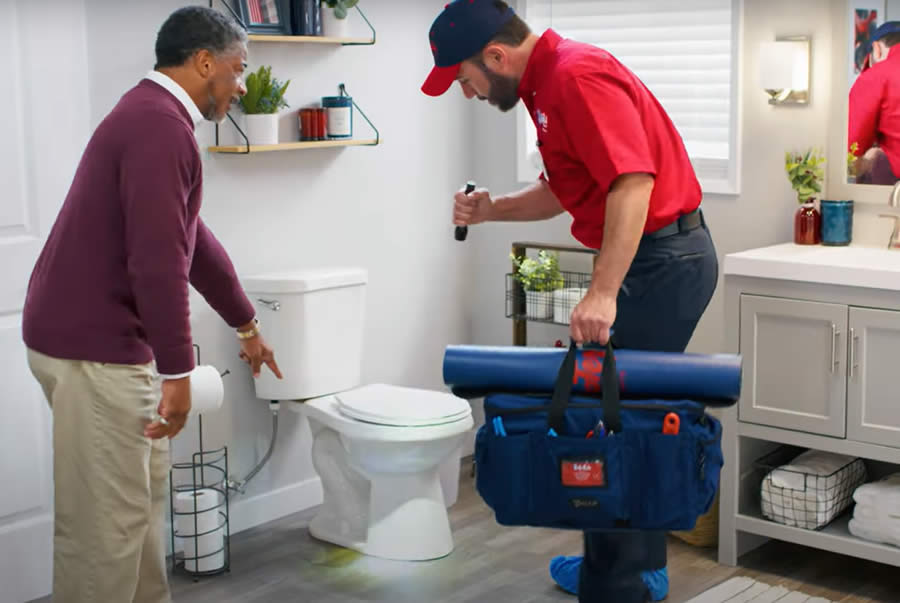Have you ever experienced that frustrating feeling when turning on the tap to find nothing coming out? Frozen pipes can mess up your day, but don't despair. In this article, Mr. Rooter Plumbing outlines steps that should be taken when pipes freeze to rectify this situation and get water flowing again! The goal is to get everything working again without needing a pipe replacement.
Understanding Freeze Conditions
As temperatures decrease, water within your pipes may freeze, solidifying into solid blocks that expand and burst - something that may happen with exposed and insulated piping in areas like basements, attics, or crawlspaces lacking heating systems.
Locating the Freeze
One telltale sign that your pipes may have frozen is when water stops flowing through your faucets and faucets, and smells/sounds such as banging/hissing begin coming from pipes. In these instances, immediate action must be taken swiftly to minimize further damage and inconveniences.
Step 1: Locating the Freeze
First, shut off all water sources to prevent potential leaks or bursts when pipes unfreeze. Before locating which pipes have frozen, feel along them for any icy, frost, or frost-covered sections. These sections could indicate frozen spots along the pipelines.
Step 2: Thawing Out
Once you've located frozen pipes, the next step should be defrosting them using various techniques - for instance:
- Hairdryer: Use a low heat setting on a hairdryer to gently heat frozen areas of pipe using its low setting to reach frozen sections from the start-point (faucet end). When your hands reach the frozen area, you should switch back over and work towards it to warm it.
- Warm Towels: Drape warm towels around frozen pipes or soak them in hot water before draping them over the affected area to gradually melt away ice in pipes and spread warmth around. This method may help melt it all away progressively.
- Space Heater: If the frozen pipes are located in an enclosed environment such as a basement, using space heaters can help increase temperatures and thaw out frozen pipe sections more effectively. Just adhere to safety precautions by keeping it away from any materials that might ignite.
- Heat Lamp: To thaw frozen pipes quickly and effectively, try placing a heat lamp near their frozen sections and leaving it running until water begins flowing freely.
Step 3: Examine for Damage
Once the pipes have defrosted, inspect for signs of cracks or leakage that necessitate professional intervention - such as leakages. Should any such concerns emerge, be sure to call an experienced plumber so he or she may assess further and address them appropriately.
Step 4: Prevent Future Freezes
To avert frozen pipes in the future, take preventive steps by installing:
- Insulation: When placing exposed pipes in unheated environments, use foam pipe insulation or heating tape for insulation purposes.
- Heating: Keep the entire home heated to prevent pipes from freezing over. This includes areas such as the basement and attic spaces.
- Dripping Faucets: On freezing nights, let your faucets drip slowly to ensure the water has enough time to move through your pipes and prevent freezing. Doing this helps provide a constant supply of fresh water for each pipe in case any freeze-up should occur.
- Seal Cracks: Fill any cracks or gaps on walls, floors, or around pipes to stop cold air from seeping into them and freezing their pipes.
When to Call a Plumber
If frozen pipes become impossible for you to unfreeze or damage has occurred, don't hesitate to seek professional plumbing help immediately. A plumbing service will assess the situation, make any needed repairs, and advise on future freeze protection.
Consider Repiping
If your pipes are old or vulnerable to freezing, repiping (pipe replacement) could be worthwhile in ensuring reliable plumbing service for years. Repiping replaces outdated or damaged piping with brand-new pipes to provide long-term efficiency of operation and reliability for years ahead.
Mr. Rooter Plumbing
Managing frozen pipes can be stressful, but with knowledge and prompt action, you can thaw out and prevent further damage. As always, remain cautious and contact a qualified plumber from Mr. Rooter Plumbing if any difficulties arise. Taking preventative steps like these can ensure smooth pipe operations even during harsh climates.



